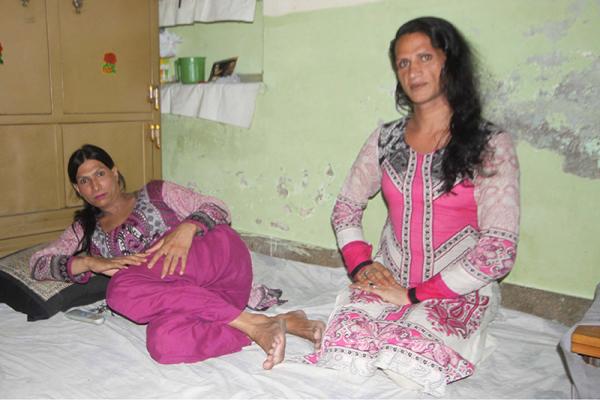Jun 9, 2015
Saima Butt witnessed an acid attack in February 2014 that left the victim scarred and writhing in pain. One onlooker said the assault was God’s retribution, and that her death would mean one less sinner in society.
“People enjoy our agonies and treat us like insects,” Butt said of herself and of the anonymous victim.
Butt is supervisor at the Khawaja Sara Society in Lahore and a member of the local “khawaja sara” or third-gender community. Pakistan added a third-gender option to national identity cards in 2009, but official recognition has not stopped discrimination against those who choose not to be identified as either male or female.
Read the Full Article

Already a subscriber? Login
